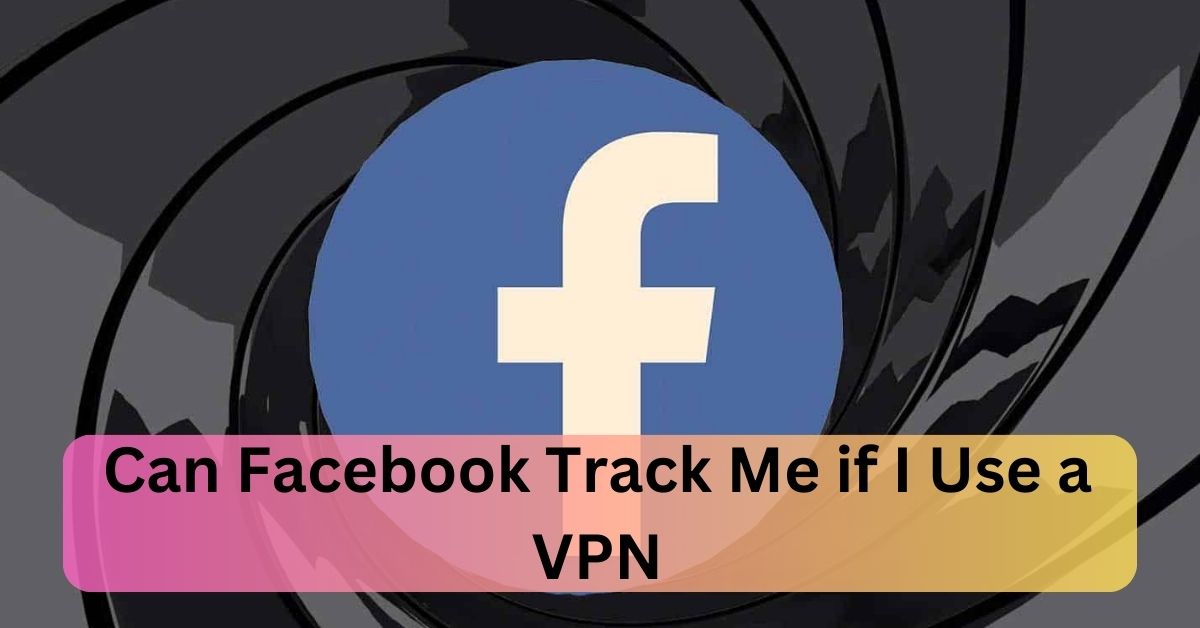Can Facebook Track Me if I Use a VPN?
In this digital age, the need for online privacy and security has become paramount. Virtual Private Networks (VPNs) have emerged as a popular tool to safeguard our online activities from prying eyes, whether they are malicious hackers or even large corporations like Facebook.
However, the question remains: Can Facebook track us if we use a VPN? Let’s delve into the intricacies of this matter and understand the relationship between VPNs and Facebook’s tracking capabilities.
What is a VPN?
A Virtual Private Network, or VPN, is a technology that creates a secure and encrypted connection between your device (computer, smartphone, or tablet) and the internet.
When you connect to a VPN, your internet traffic is routed through a server located in a different location, making it appear as though you are accessing the internet from that server’s location rather than your actual location.
The primary purpose of using a VPN is to enhance online privacy and security. It accomplishes this by encrypting the data transmitted between your device and the VPN server, making it difficult for third parties to intercept or access your sensitive information.
Can Facebook Track You?
Using a VPN can indeed provide an additional layer of privacy by preventing your Internet Service Provider (ISP) from monitoring your online activities. However, when it comes to Facebook tracking, the situation is not that straightforward.
Facebook, like many other tech giants, uses a variety of methods to track users and gather data for advertising and other purposes.
Some of these methods include browser cookies, tracking pixels, device fingerprinting, and other tracking technologies. While a VPN can hide your real IP address and encrypt your internet traffic, it may not necessarily prevent Facebook from tracking you completely.
Facebook’s Sophisticated Tracking Mechanisms
Facebook’s tracking capabilities are not solely reliant on your IP address. The platform has developed sophisticated algorithms that can link multiple data points to identify users across devices and VPNs.
Even if you access Facebook through a VPN, your activity patterns, the content you interact with, and other identifying information can be used to build a unique user profile.
For instance, if you log into your Facebook account on both your computer and smartphone, Facebook can analyze the data from both devices to recognize patterns and connections. Additionally, your behavior and the content you engage with (likes, comments, shares) can help Facebook associate your activity with your actual profile.
Limitations of VPNs
It’s essential to recognize the limitations of VPNs when it comes to evading tracking by Facebook or any other online service:
Device and Account Associations: As mentioned earlier, Facebook can associate your account with multiple devices and track your interactions across them, regardless of whether you use a VPN.
Facebook Login: If you log in to Facebook while using a VPN, Facebook can still collect information about your device and activity through the login process, even if your IP address is masked.
Browser Fingerprints: Facebook, and other platforms, may use browser fingerprinting techniques to identify your device based on its unique configuration, rendering the use of a VPN irrelevant in this context.
Understanding Facebook’s Tracking Mechanisms:
In this section, we delve into the various techniques used by Facebook to track user activities, including browser cookies, tracking pixels, device fingerprinting, and cross-device tracking. By understanding these methods, we can better comprehend the challenges faced when trying to evade Facebook’s tracking capabilities, even when using a VPN.
The Role of VPNs in Enhancing Online Privacy:
Here, we explore the fundamental functions of VPNs and how they contribute to improving online privacy. We discuss how VPNs encrypt internet traffic, protect users from potential cyber threats, and hide their real IP addresses from ISPs, creating a secure connection between the user’s device and the VPN server.
The Limitations of VPNs in Evading Facebook Tracking:
This section focuses on the specific limitations of VPNs when it comes to avoiding tracking by Facebook. We discuss scenarios where Facebook can still track users despite their use of VPNs, such as device and account associations, Facebook login data, and browser fingerprinting techniques.
Combining VPNs with Other Privacy Measures:
To enhance online privacy and minimize tracking risks, users can implement additional privacy measures alongside VPN usage. This section explores various complementary strategies, including browser privacy extensions, using privacy-oriented browsers, adjusting Facebook’s privacy settings, and employing anti-tracking tools.
The Importance of Informed Consent and Data Transparency:
While discussing tracking and VPNs, it’s essential to address the broader issue of data privacy and user consent. In this section, we delve into the importance of informed consent and how users can better understand the data Facebook collects. We also highlight the significance of transparency from tech companies in terms of data usage and tracking practices.
Conclusion
While a VPN can help protect your online privacy from ISPs and other potential threats, it may not be a foolproof solution to evade Facebook’s tracking mechanisms entirely. Facebook’s data collection methods go beyond IP addresses and can identify users based on their behavior and account associations.
If your primary concern is to maintain anonymity and protect your online activities from various online threats, a VPN is still a valuable tool. However, if you are specifically trying to avoid being tracked by Facebook, additional measures, such as using browser extensions that block tracking scripts or adjusting your privacy settings on the platform, may be necessary.
The final section recaps the main points discussed in the article and offers a comprehensive conclusion. It emphasizes the value of using VPNs as part of an overall privacy strategy, acknowledging their limitations while shedding light on the responsibility of both users and tech companies in ensuring online privacy and data protection.
The conclusion also stresses the need for ongoing awareness and education about online privacy concerns in the ever-evolving digital landscape.





